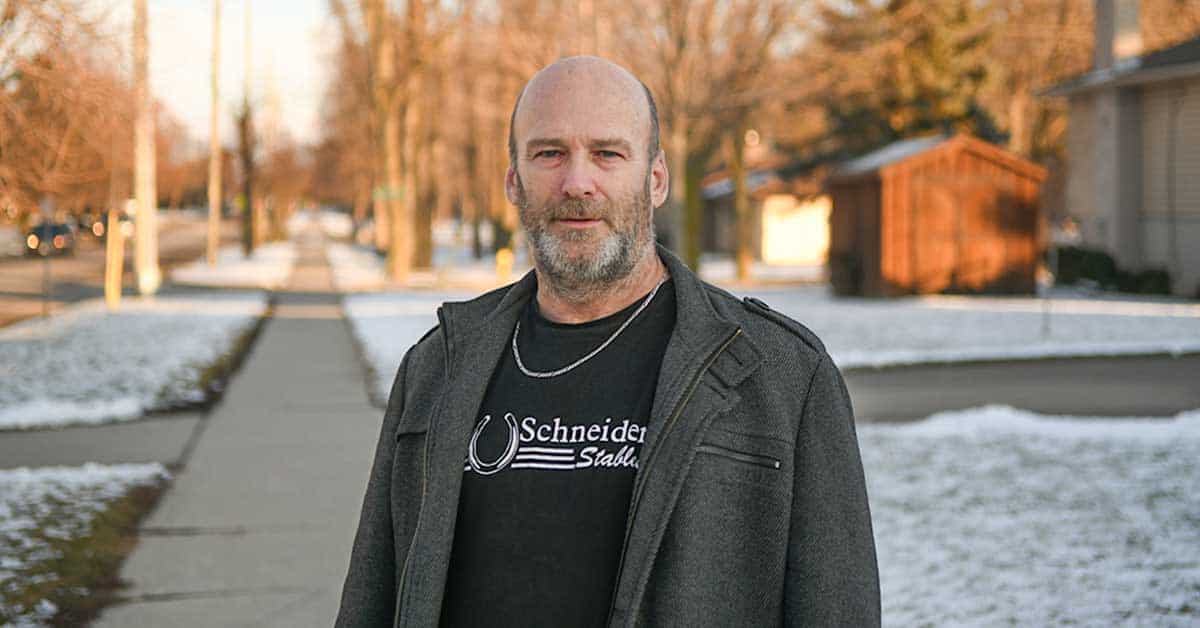Four special budget meetings concluded, Woolwich council still has its heart set on hitting residents with an 8.5 per cent tax hike this year.
That figure, which will add an average of $84 to the township portion of property tax bills, is where deliberations began earlier this month, and where things ended when discussions wrapped up January 19.
While there was no substantive changes to the draft operating budget, there was some tweaking of the capital budget, with an eye on delaying repairs to the Peel Street bridge in Winterbourne. Councillors are looking at putting off that project, scheduled for this year, until 2024. There was also consensus to put off the acquisition of two electric vehicles and related charging stations, lowering capital expenses.
The tax increase for 2023 includes a seven per cent hike to the general tax levy plus 1.5 per cent for a special infrastructure levy. That would add $84.32 to the bill of an average home in the township, based on an assessed value of $418,000.
The draft discussed Monday night by Woolwich councillors includes an operating budget of $23 million, a nine per cent increase from the 2022 budget.
Changes to the capital budget were driven largely by concerns about the amount of borrowing by the township. The Peel Street bridge project’s $2.75-million price tag, for instance, was to be funded fully through a debenture.
Woolwich is planning to borrow another $3.7 million this year, which also covers the planned paving of Greenhouse Road near Breslau. The Winterbourne project, which would rehabilitate the old steel-truss bridge for pedestrian use, was a stumbling block for some councillors looking at a long list of unfunded infrastructure projects.
“I have a concern with the Peel Street bridge – not saying that I could never get behind the project in and of itself, but this year I think that we should defer,” said Coun. Nathan Cadeau, arguing to push the work back a year.
Coun. Eric Schwindt said the delay could provide time for the township to find funding support from the provincial or federal government, decreasing the local tax burden.
“If we can get even 50 per cent funding, that’s a huge difference of capital items we can do for the next 15 years going forward. So instead of approving a budget this year that includes a bridge out of our bank account, why wouldn’t we use the next year to direct staff to say, ‘hey, apply everywhere you can, figure out whatever needs may work, and come back to us with a plan that involves some funding somewhere else.’ And then we as a council, that can get your feet held to the fire to come up with a decision,” he said.
Other councillors pushed for the project before agreeing to allow staff some time to look at other funding options before, while keeping the project in the 2023 budget.
“I support doing the bridge because I know the residents really want to see this move forward. And, of course, I’m part of the heritage committee, so I’m going to support that particular item,” said Coun. Bonnie Bryant.
“I would like to echo Coun. Bryant’s support of the Peel Street bridge. I feel that this has been something that the residents have been clear that they’ve wanted this for several years. I think it is a project that is easy for us to push off year after year, and I really fear that next year we’ll be having this conversation again about the Peel Street bridge and finding justification for pushing it off,” added Coun. Kayla Grant.
Director of infrastructure services Jared Puppe noted a short-term delay would be manageable, though the part of the work that involves turnaround space for township trucks will have to get done eventually.
“I would say that we’ve been without them for this length of time as well, so I guess that really it is a council decision if we’re not interested in debenturing ,” he said. “We would live with the condition as it’s as exists today.”









